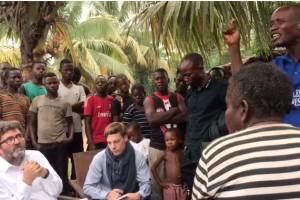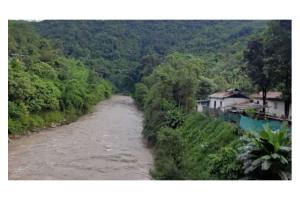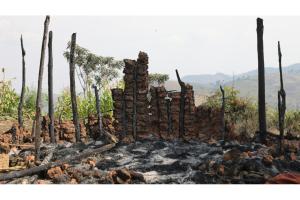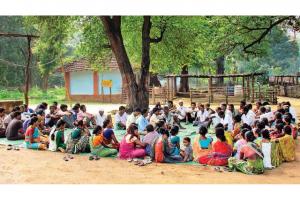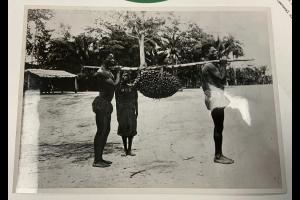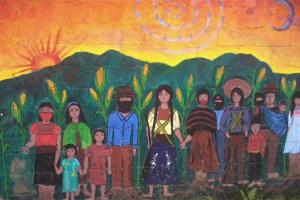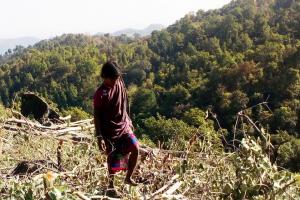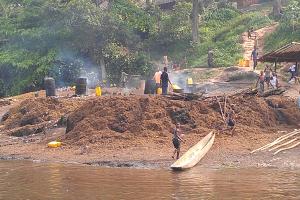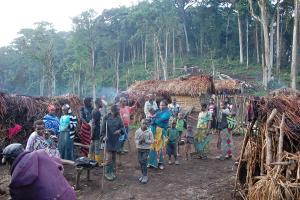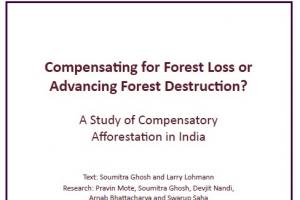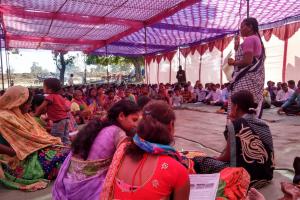Legal Land Theft
In most countries with tropical forests, governments uphold the colonial legacy that declared the State to be the owner of forest lands. This has enabled governments to legally grant land to private investors, often violating communities' customary ownership of the land. As a result, corporate activities that destroy forests continue to expand.
WRM spoke with close allies from Brazil, Gabon, India, Mexico and Mozambique, to hear from them and learn about their understandings of development.
Funds from the Compensatory Afforestation scheme have been allocated for Covid-19 relief measures. The scheme has funded plantations that invade community land and has led to illegal evictions where “Protected Areas” have been declared. This has not stopped during the lockdown.
More than 100 years ago, lands were stolen from communities in DR Congo for industrial oil palm production. Since 2009, those lands are under control of the company FERONIA.
A group of riparian Batwa people, exasperated by the extreme poverty following their eviction in order to establish the Kahuzi Biega National Park, decided to return to their ancestral forests. Since then, they regularly clash with the “eco-guards,” sometimes leading to the loss of human lives.
This study looks at how Compensatory Afforestation is accelerating both, the destruction of forests in India by big corporations and the appropriation of community land for the supposed compensation.
Village assemblies in Korchi, along with resistance against mining, are actively engaged in reimagining and reconstructing local governance. Women’s collectives have also started to assert their voice in these emerging decision-making spaces. (Available in Swahili).
